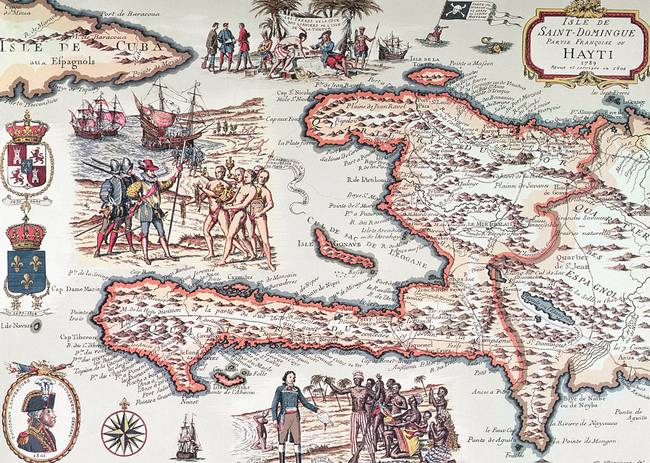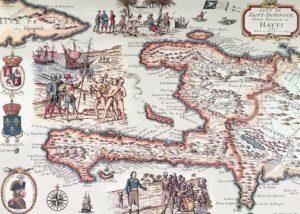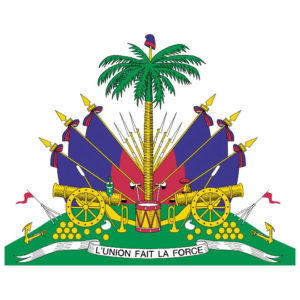
03 Aug Haiti: Field to Force
Saint-Domingue, once called the “Pearl of the Antilles” was the richest colony in the French empire during the 1700s. By the late 1700s, it produced 40 percent of all the sugar and 60 percent of all the coffee consumed in Europe. While it was only about the size of Belgium, it out-produced all of the British West Indies. In order to fuel this economic power, it required slaves, lots of them. Saint-Domingue accounted for one-third of the trans-Atlantic slave trade. At one time, there were over 500,000 slaves ruled by just over 30,000 white owners. Most of these slaves came from modern day Nigeria, Guinea, and the Democratic Republic of Congo. Brutality was a well-documented commonplace. The slaves revolted several times and eventually created the world’s first black republic in 1804, ending the period of riches for the French Empire. It was named Haiti, after the name the Taíno Amerindians called this island. Unfortunately, over the next 200 years Haiti would be marred by political unrest, wars, poverty, and periods of lawlessness.

While Haiti fought to maintain its independence, build a nation, make reparations to France, and forge its place on the international stage, it also became a magnet for Christian mission work. Today it is known for having one of the highest concentrations of Christian workers in the world. The Church has grown and the evangelical population is maturing, taking an interest in sending missionaries from Haiti to other places. Continued investment in discipleship and theological training have brought to light the fact that Haitians can and will become a mission sending country. Many may be skeptical of the possibilities that lie within this seemingly impoverished nation of over ten million people.

Does the North American Church’s qualifications for workers among the unreached align with Christ? Have we looked at the financial power of a people rather than their passion and Biblical calling to do God’s work? Is it possible that our brothers and sisters who are not as wealthy might actually be better missionaries? These are questions that must be asked of ourselves as we see the growth of the mission forces in the places we used to see as mission fields.
Is there still work to do in Haiti? Of course. Is it also possible that Haiti is once again to be called the Pearl of the Antilles, not because of its financial wealth, but because of the Gospel that Haitians will carry to the ends of the earth? Could the hardships this nation has faced throughout history actually forged a people who will persevere and reach the most unreached with His Gospel? Today, much like God used a handful of men from a backwaters province in the Roman empire to change the world, we believe the answer is yes. Yes to Haiti. Yes to the mission of God.




